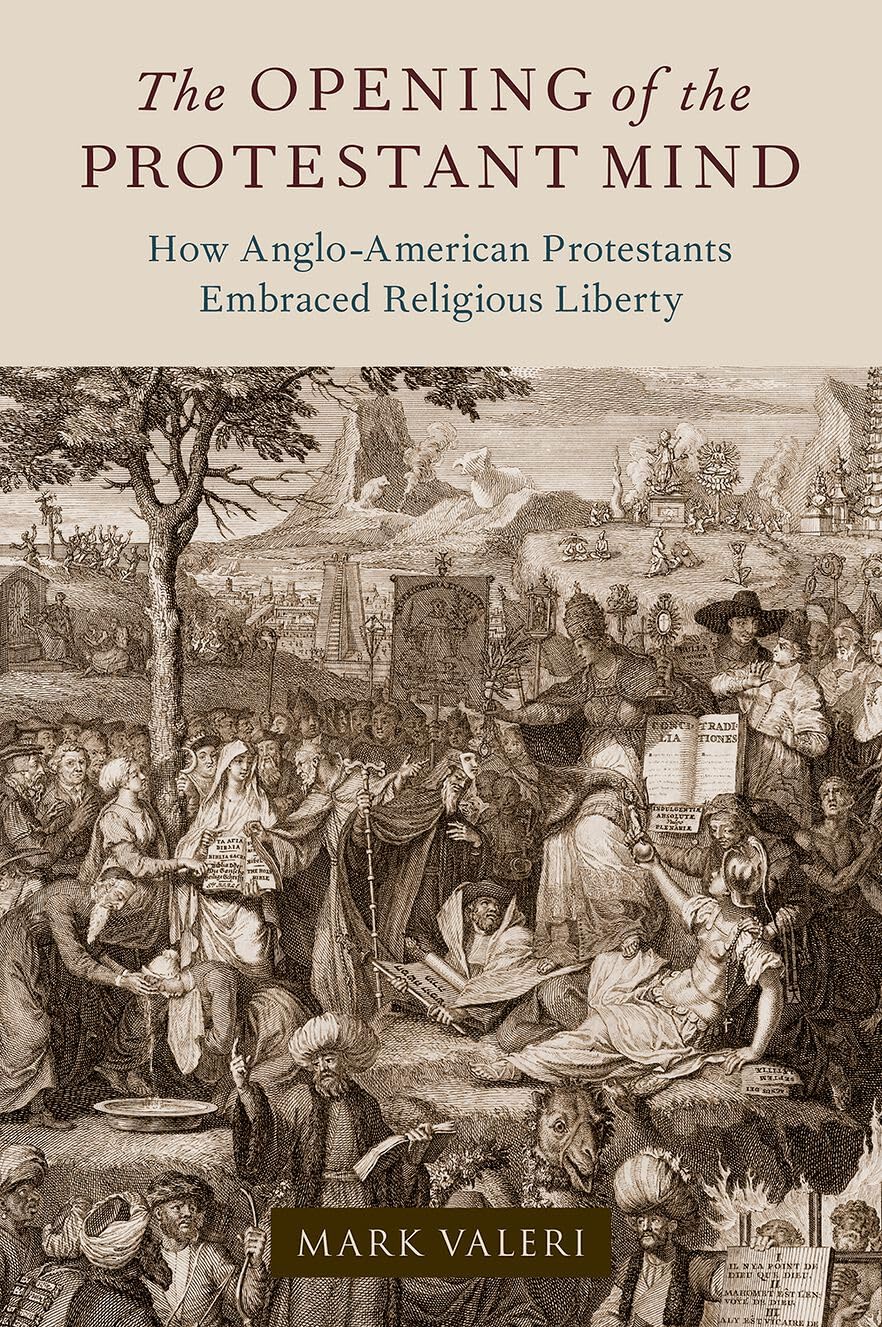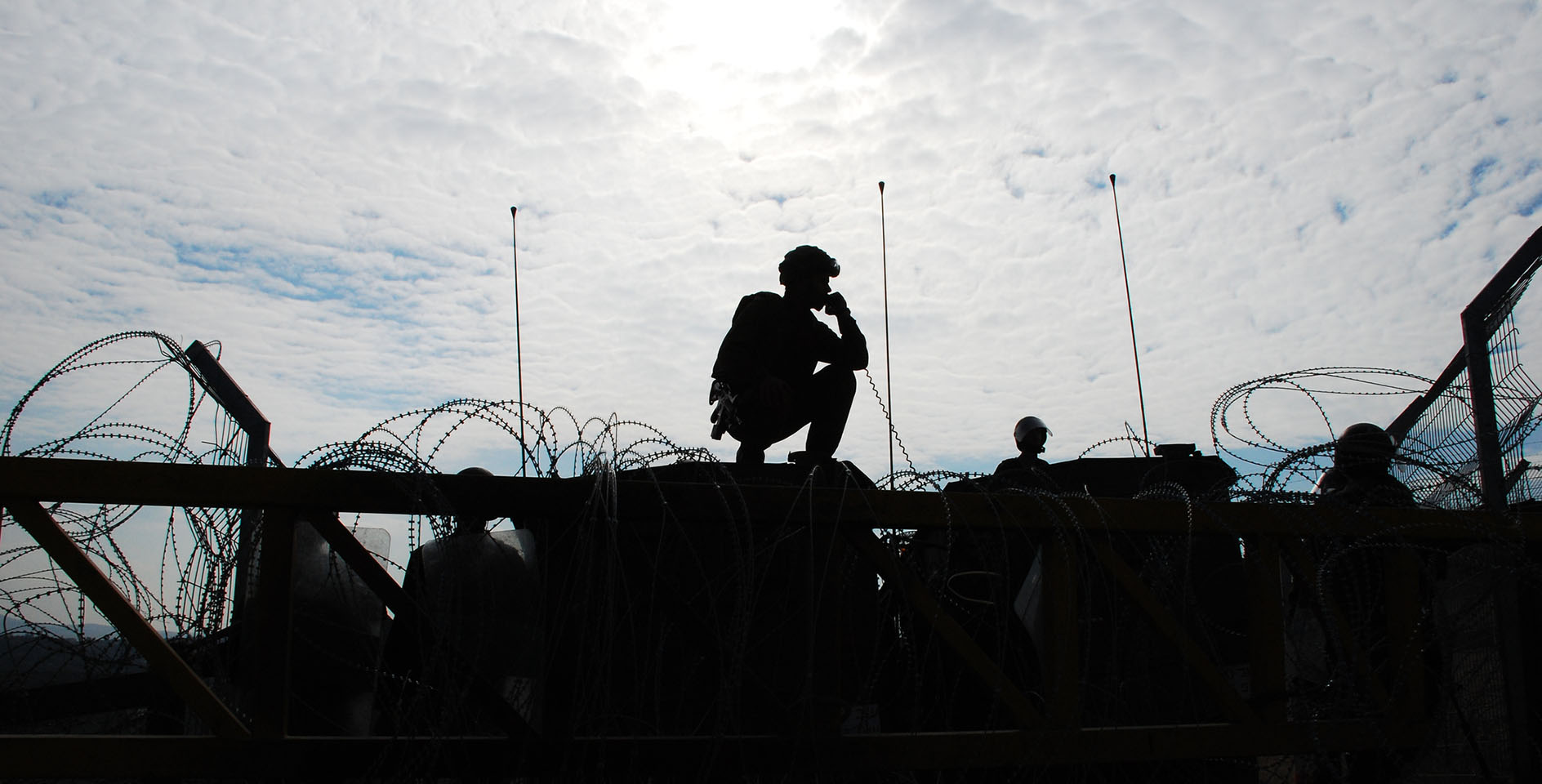American Christians can often take for granted the rights of conscience secured for us in our constitutional order, but the rise of religious liberty was not a historical inevitability. Religious liberty was and remains a contested idea. Indeed, much of Western civilization’s history revealed a hostility toward freedom of conscience.
Religious establishmentarianism as a mechanism of civil unity
Constantine unified the Christian church and the Roman empire in 325, and in 381, Theodosius began wielding the sword against heretics. Thus, in the span of a few decades, Christianity went from being a persecuted religious sect to the primary mechanism of unification within a vast empire. Throughout the subsequent centuries, European emperors and kings equated unity in the things of God as not merely a theological imperative for the Church, but a political necessity—and one they were willing to uphold by the use of civil punishment.
For the next 1,300 years, that worldview dominated Europe. Even after the Protestant Reformation, establishmentarianism enforced at the point of the sword continued to hold its place as a pillar in both Catholic and Protestant political theology. In fact, civilly mandated religious establishment was arguably exacerbated and strengthened by the realities of the Reformation. Religious and denominational proliferation of the 1500s and 1600s culminated in cataclysmic religious wars that left millions of Europeans dead. The English Civil War—a conflict that erupted in large part because of religion—spanned much of the 1640s and killed a higher percentage of the British population than World War I and World War II.
Despite these calamities, devotion to religious establishment precipitated, remaining both a theological conviction and a political requirement. Theologically, establishmentarianism created civil conditions conducive to orthodoxy and right belief. The civil magistrate functioned as a typological fulfillment of Isaiah 49:23, wherein “Kings shall be your foster fathers, and their queens your nursing mothers.” Politically, Europe’s leaders—like Theodosious in the fourth century—viewed religious establishment as the necessary precondition for civil unity.
Again, to dismantle this vital pillar of European theology and political philosophy was not a foregone conclusion, nor was it a historical inevitability. Thus, how religious liberty emerged and displaced establishmentarianism was and remains a vital story to tell.
The rise of religious liberty
The rise of religious liberty was complex, and it took centuries for it to topple the millennium of political theology that had married church and state together. To explain its necessity, theological arguments had to be made, and religious dissenters (especially Baptists) provided many of these doctrinal assertions and beliefs. The interest theory of liberty also materialized during the 1600s, which highlighted the political, social, and religious benefits of disestablishment.
Added to this was what one historian called the “lived politics of toleration.” In many jurisdictions where religious establishment existed throughout the early modern period, people grew weary of dragging their neighbors to court. Local officials simply refused to enforce establishment policies out of ambivalence, as well as a growing conviction that even the threat of execution did little to stem the enthusiasm of religious dissenters.
A recent book by historian Mark Valeri has shed new and important light on the rise of religious liberty in the early modern period. “The Opening of the Protestant Mind: How Anglo-American Protestants Embraced Religious Liberty” analyzes the remarkable replacement of militant establishmentarianism with religious toleration and eventually religious liberty.
Valeri explores how interaction with other religions steadily shifted the attitudes of Anglo-Protestants against religious establishment. Throughout the 17th and early 18th centuries, Britain’s borders expanded, and the realities of colonialism and empire building brought Anglo-Protestants in direct contact with Native Americans and Muslims. As Valeri notes, the introduction of religious others seemed to strengthen English resolve for religious uniformity. Yet, as England progressed through the early modern period, cultural shifts, war, and imperialism exerted tremendous political pressure amongst the people to alter their beliefs and convictions on issues of conscience.
According to Valeri, important features of continuity and discontinuity emerged amongst Anglo-Protestants in the early modern period. Throughout the 17th and 18th centuries, political thinkers and leading ministers assigned legitimacy to a religion based upon that religion’s perceived benefit to England’s public order. These figures connected the welfare of the empire with religious conformity and the willingness of individuals to adhere to a distinctly Anglo-Protestant identity. Valeri notes that his thesis in no way precludes the importance of theological beliefs during this period of history. However, he gives special attention to the political realities and arguments made by many of England’s leading figures.
What changed over time was a growing tolerance toward religious differences, especially as the empire grew. The need for unity never diminished from the days of the Puritans to the times of Locke, Hume, and Smith. The change came in how England defined its identity and what thereby constituted unity. As Valeri argued, the 17th century began with a confessional unity in a specific theological creed rooted in Reformed doctrines; however, political realities and war exerted a strain upon that narrow conception of national confessionalism.
By the time of the Glorious Revolution in 1688, religious toleration expanded to capacious levels, introducing, “a new mandate to separate political legitimacy from religious creed and to vindicate a non-theological criterion—regard for liberty of conscience—as a rule by which to measure the public acceptability of different religions” (208). Thus, the story of how the Protestant mind opened to religious liberty included political circumstances and contingencies that, to a degree, forced Anglo-Protestants to reconsider the litmus test for how the empire defined the legitimacy of a religion.
If anything lacked in Valeri’s narrative, it was a more careful consideration of how theological beliefs shifted over time. For example, what theological arguments were made that effectively dislodged a seemingly unwavering commitment to religious establishment amongst English religious leaders in the early to mid-1600s?
Despite this, Christians, especially those committed to religious liberty, will benefit from Valeri’s work. He reminds us how complex issues of conscience have been throughout history and prompts us to consider how religious and theological conviction intersect with historical and political context, with both the political and the theological influencing each other.
How religious liberty arose remains an important narrative for us to understand. Our ability to think wisely about present issues of conscience hinges upon our historical consciousness and recognition of what was and remains a contested idea.











